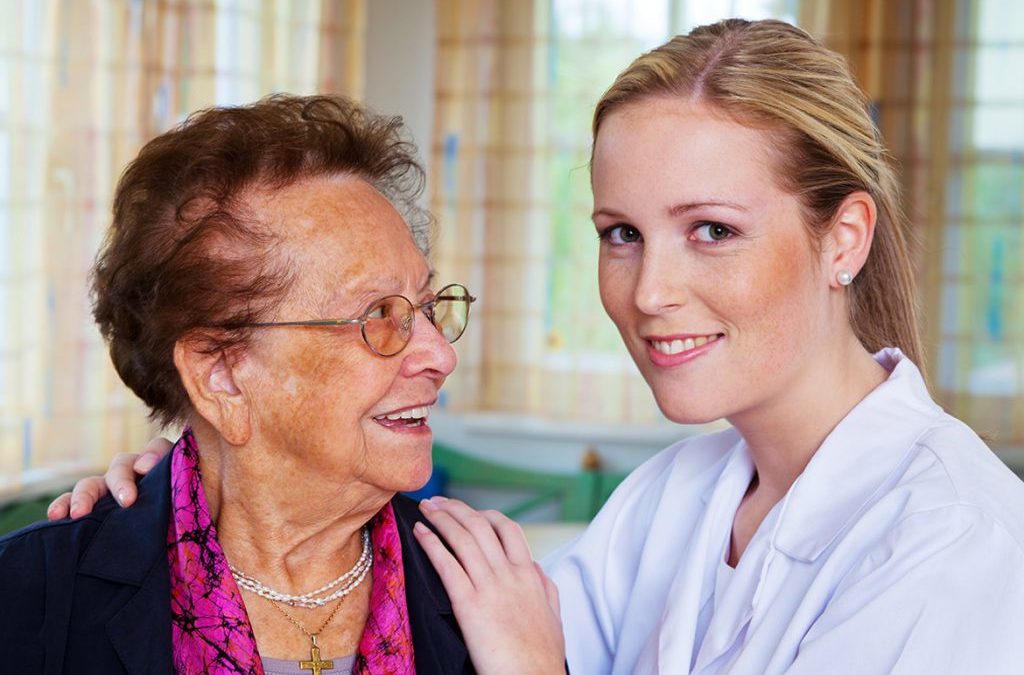The variety of home health care services a patient can receive in the house is endless. Depending on the specific patient’s circumstance, care can range from nursing care to specialized medical services, such as laboratory workups. You and your physician will determine your care plan and services you might require in the house. At-home care services might include:
Medical professional care. A doctor might visit a client in your home to diagnose and treat the health problem( es). He or she might also periodically review the house healthcare requirements.
Nursing care. The most typical type of home healthcare is some type of nursing care depending on the person’s needs. In consultation with the doctor, a registered nurse will set up a strategy of care. Nursing care might include wound dressing, ostomy care, intravenous therapy, administering medication, keeping track of the basic health of the patient, pain control, and other health assistance.
Physical, occupational, and/or speech treatment. Some patients may require assistance relearning how to carry out day-to-day duties or enhance their speech after a health problem or injury. A physiotherapist can put together a strategy of care to assist a patient to restore or strengthen the use of muscles and joints. A physical therapist can help a client with physical, developmental, social, or psychological impairments relearn how to carry out such day-to-day functions as consuming, bathing, dressing, and more. A speech therapist can assist a client with impaired speech restore the capability to communicate clearly.
Medical social services. Medical social workers offer various services to the patient, consisting of therapy and locating community resources to assist the patient in his or her recovery. Some social workers are likewise the patient’s case manager– if the client’s medical condition is very complicated and requires coordination of lots of services.

Care from house health assistants. House health assistants can assist the client with his/her standard personal needs such as getting out of bed, strolling, bathing, and dressing. Some assistants have received customized training to help with more customized care under the guidance of a nurse.
Homemaker or basic help care. While a patient is being clinically looked after in the house, a housewife or individual who aids with chores or tasks can keep the household with meal preparation, laundry, grocery shopping, and other housekeeping products.
Friendship. Some clients who are home alone might require a buddy to supply convenience and supervision. Some buddies may also carry out family tasks.
Volunteer care. Volunteers from community organizations can provide standard convenience to the patient through friendship, helping with individual care, providing transportation, emotional support, and/or helping with documentation.
Nutritional assistance. Dietitians can concern a client’s house to provide dietary assessments and guidance to support the treatment strategy.
Laboratory and X-ray imaging
Certain laboratory tests, such as blood and urine tests, can be performed in the convenience of the client’s house. In addition, portable X-ray machines permit lab technicians to perform this service at home.
Pharmaceutical services. Medicine and medical devices can be delivered in your home. If the patient requires it, training can be offered on how to take medications or use of the equipment, including intravenous treatment.
Transport. There are companies that provide transport to patients who require transportation to and from a medical facility for treatment or physical exams.
Home-delivered meals. Frequently called Meals-on-Wheels, lots of neighborhoods provide this service to patients in the house who are not able to cook for themselves. Depending upon the person’s requirements, hot meals can be delivered several times a week.


Recent Comments